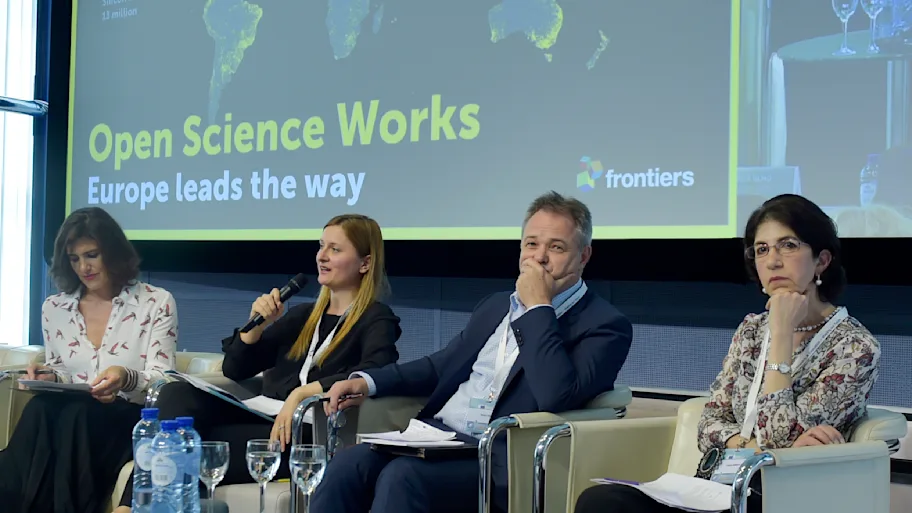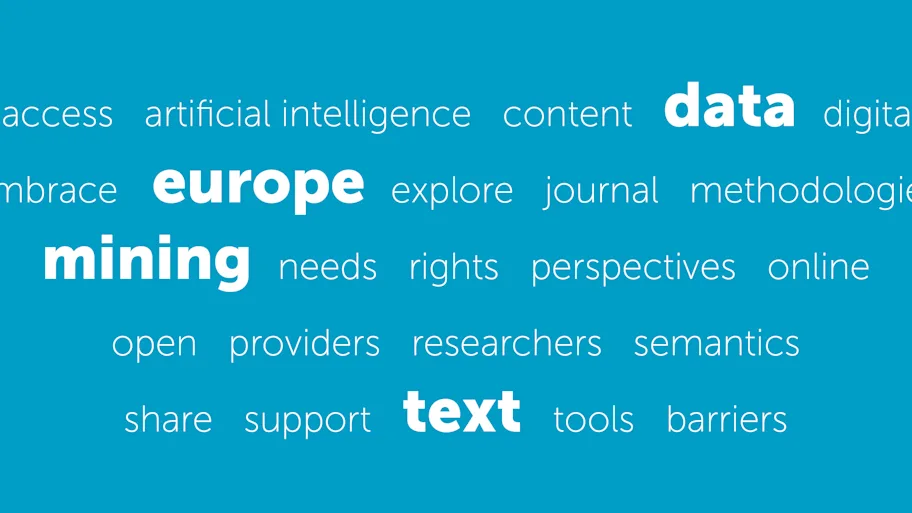
- Science news
- Open science policy
- Research & Innovation – Shaping our future
Research & Innovation – Shaping our future

High Level Group calls for doubling of R&I funding and a renewed focus on impact, with ‘openness’ a key factor
The report of the European Commission’s High Level Group on maximising the impact of EU Research and Innovation Programmes was published on the 3rd July 2017.
Based on the interim evaluation results of Horizon 2020 – the EU’s biggest Research and Innovation programme – the European Commission set up a High Level Group of 12 leading experts, tasked with advising them on how to maximise the impact of the EU’s investment in the next Framework Programme. To launch the report, Pascal Lamy, Group Chair and President Emeritus of the Jacques Delors Institute, presented the group’s vision and recommendations at the Commission organised conference, Research & Innovation – Shaping our Future.
Hosted by Carlos Moedas, Commissioner for Research, Science and Innovation, over 700 scientists, innovators, business people and policy makers also attended the event to discuss how research and innovation will shape the future of Europe. Frontiers’ CEO, Kamila Markram, spoke at the event as part of the session on maintaining world class scientific excellence.
Key findings:
Double the funding for R&I. The report issues 11 recommendations for the future of EU R&I, with the headline recommendation being that the budget for Framework Programme 9 (FP9) should be doubled to 160 billion Euros. This builds on calls from many stakeholders, as well as a recent report adopted in the European Parliament, for an increased emphasis on the R&I budget in the EU.
Speaking at the launch conference, Carlos Moedas argued there is a clear case for increased R&I funding, stating that such a move would signal the EU’s determination “to take leadership in investing in the future.”
Focus on supporting individual researchers and innovators. The report recommends several reforms to improve the impact of FP9 funding. One key recommendation is to focus on supporting individual researchers and innovators to reach their full potential. As part of this goal, the report calls for an increase in funding for two key research programmes; the European Research Council and the Marie Skłodowska-Curie Actions. In addition, the report recommends the creation of a European Innovation Council as a crucial means of supporting innovators in realizing their ideas. During his presentation, Pascal Lamy stressed: “Don’t focus on the innovation, focus on the innovator.”
The need to engage with citizens. Emphasis is placed on the need for FP9 to engage more effectively with EU citizens, to involve more citizen scientists in the programme and to better communicate its impact. It suggests that a clear brand identity will better capture the imagination of the public.
Openness as a cross-cutting principle. Openness forms a key cross-cutting principle in the report. Open-access publishing is cited as a vehicle for conveying research to citizens, enabling them to engage with the benefits of EU R&I funding. Additionally, open science is recognised as an important facilitator of the transfer of knowledge and a key means of translating R&I into economic growth. Mailis Reps, Minister of Education and Research of Estonia, stated that “Openness and simplicity should be central to the EU R&I framework.”
High Level Group recommendations
Prioritise research and innovation in EU and national budgets
Action: double the budget of the post 2020 EU research and innovation programme.
Build a true EU innovation policy that creates future markets
Action: Foster ecosystems for researchers, innovators, industries and governments; promote and invest in innovative ideas with rapid scale-up potential through a European Innovation Council.
Educate for the future and invest in people who will make the change
Action: modernise, reward and resource the education and training of people for a creative and innovative Europe.
Design the EU R&I programme for greater impact
Action: make the future programme’s pillars driven by purpose and impact, fine-tune the proposal evaluation system and increase flexibility.
Adopt a mission-oriented, impact-focused approach to address global challenges
Action: set research and innovation missions that address global challenges and mobilise researchers, innovators and other stakeholders to realise them.
Rationalise the EU funding landscape and achieve synergy with structural funds
Action: cut the number of R&I funding schemes and instruments, make those remaining reinforce each other and make synergy with other programmes work.
Simplify further
Action: become the most attractive R&I funder in the world, privileging impact over process.
Mobilise and involve citizens
Action: stimulate co-design and co-creation through citizen involvement.
Better align EU and national R&I investment
Action: ensure EU and national alignment where it adds value to the EU’s R&I ambitions and missions.
Make international R&I cooperation a trademark of EU research and innovation
Capture and better communicate impact
The Commission will draw policy conclusions from the interim evaluation and react to the recommendations of the High Level Group in a formal Communication due this autumn.






